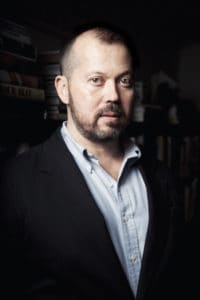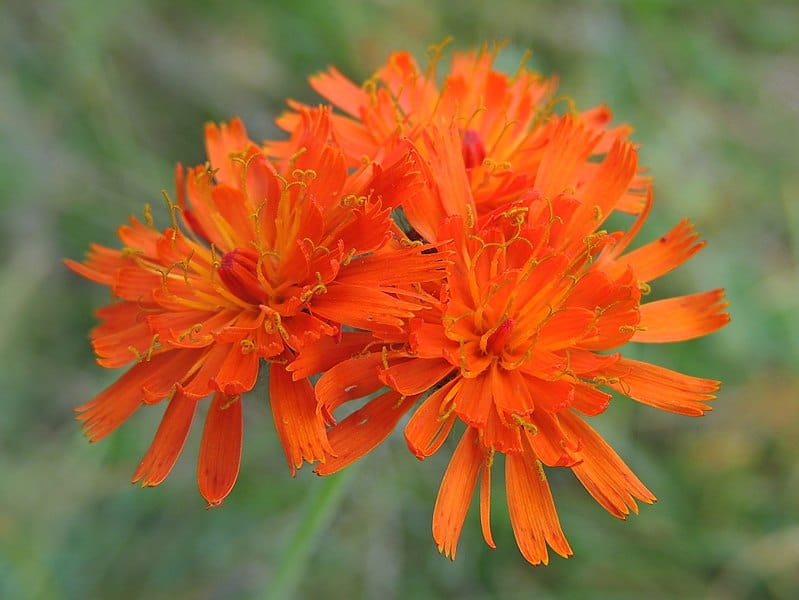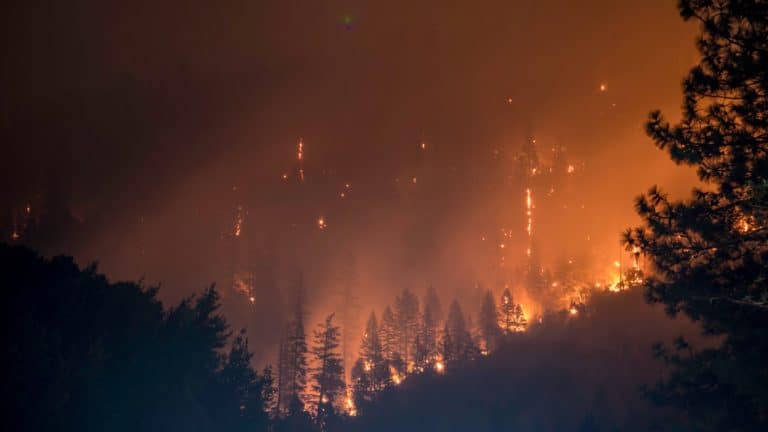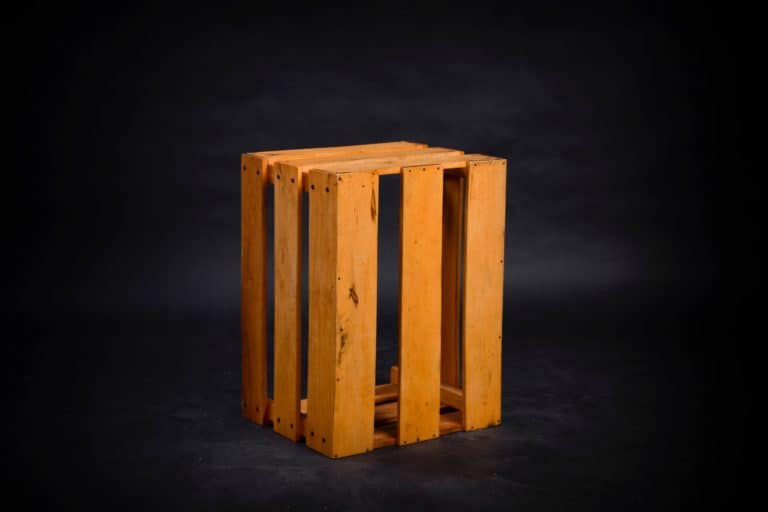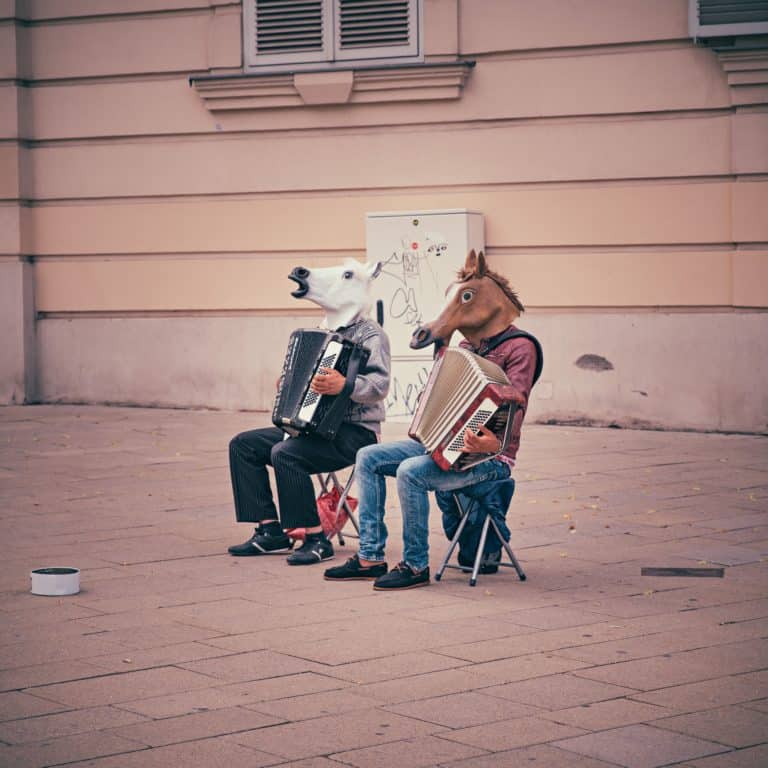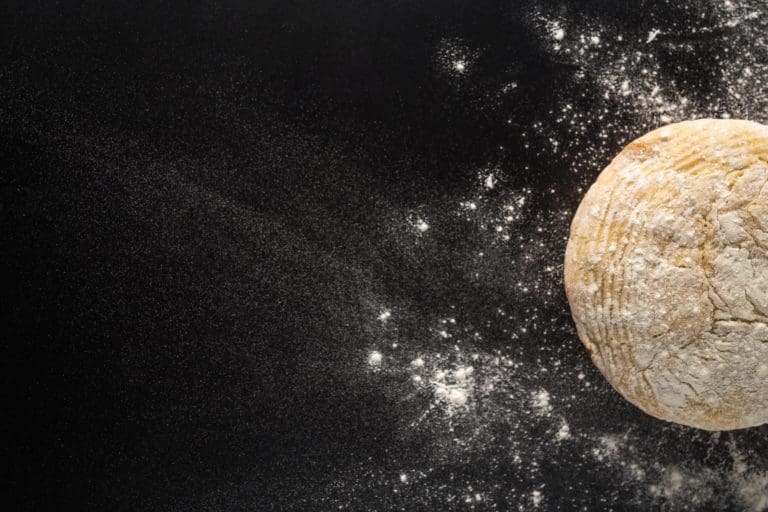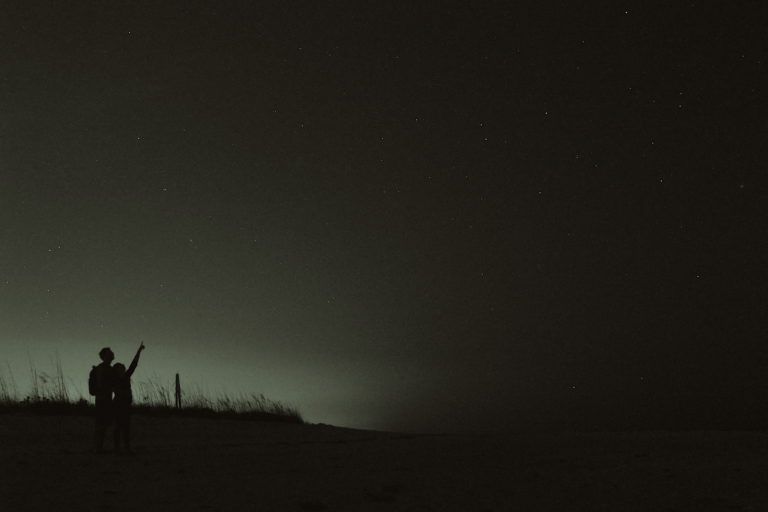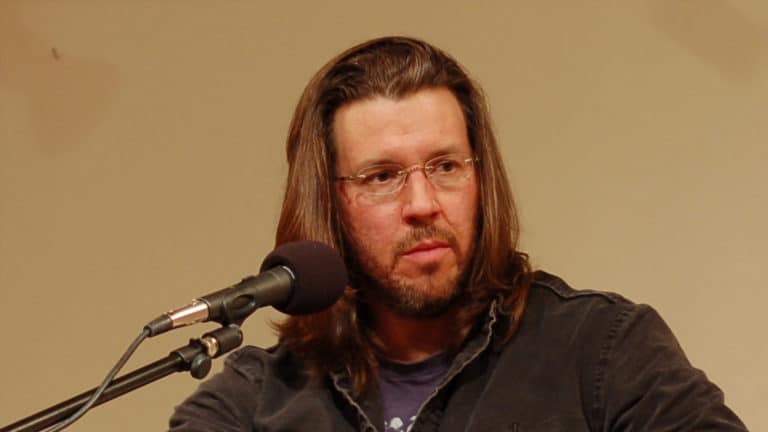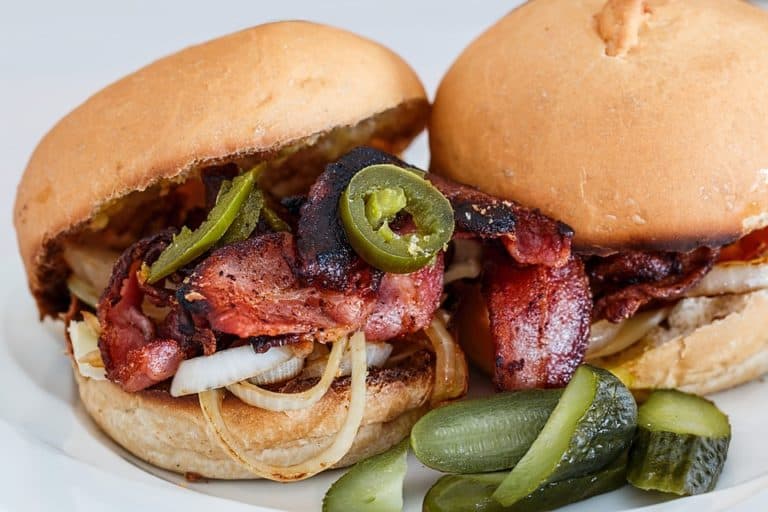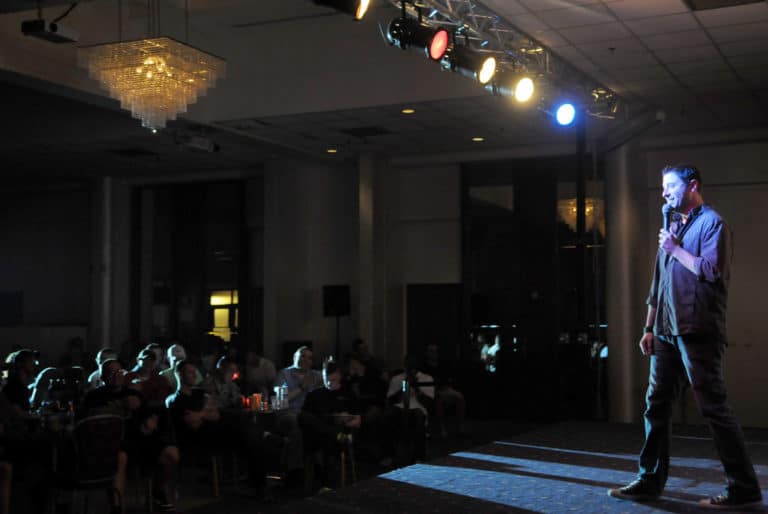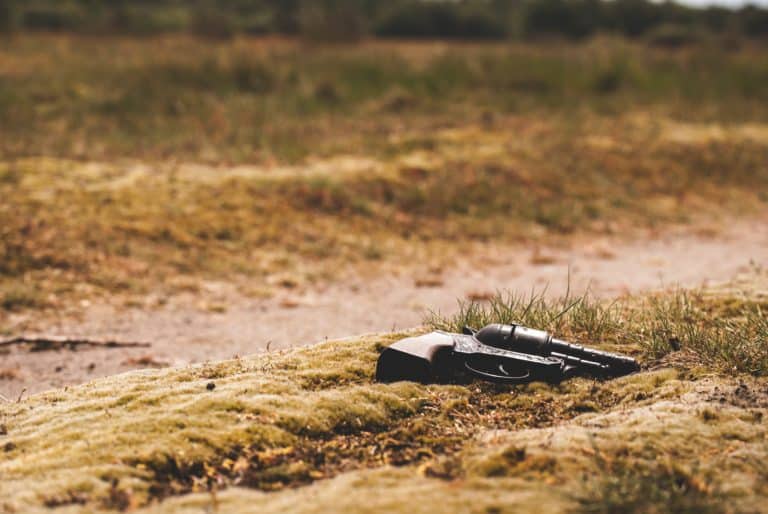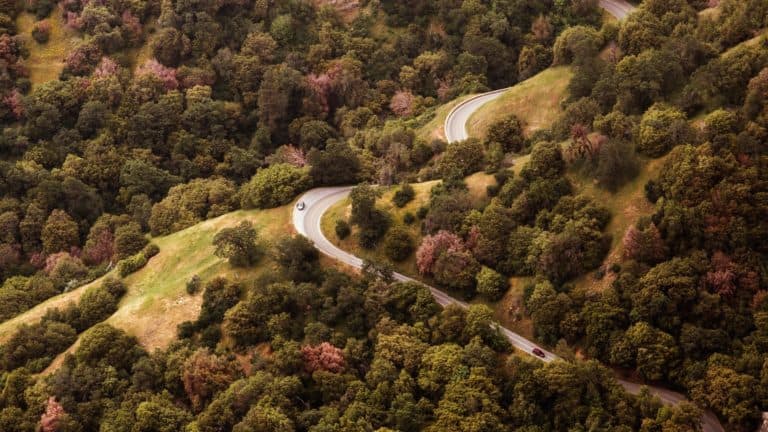One of the most important exercises Annie Dillard had us do when I was her student in literary nonfiction as an undergrad was to research your own life.
You want to write about your life, she said, approximately. How much do you know about your life? Do you know the major industries of your hometown? When was the town settled? Do you know the seasons, the flora and fauna, the population size, the climate… on and on she went, rattling off points for us to check. And off we went, to research our hometowns.
We did not know much, we discovered. I was from a small town in Maine, Cape Elizabeth, on the southern coast, and I felt I did creditably well at the basics without looking: I knew the population was approximately 8,000. I knew there were farms amid suburban stretches, ocean on three sides, two light houses, and abandoned naval installations that I had played inside of as a child. I knew my town was rich, or, parts of it were, and that many of the richest families commuted to work in Portland, sometimes Boston. I knew the winter was long, the summer short, and that the ocean once used to freeze, but no longer did. I knew the shallow water lobster had gone extinct, but that residents once could just find them on the beaches. I knew there were seals and dolphins to be seen in Casco Bay, deer in the woods, and lady slipper orchids I used to stalk in the forest.
I did not know the date the town was settled—1630. I knew it was named for a Queen Elizabeth, but not which one—Elizabeth Stuart, also called Queen of Bohemia, or, Elizabeth of Bohemia, and sometimes, The Winter Queen. This I wish I’d known, growing up—it makes me like it better. I did not know the lighthouses had been set there in part because of the many shipwrecks, nor did I know the industry, if there even was one—farming was the answer, three major farms, owned by three families, for quite some time. Farming and also tourism—visitors to the beaches, and the two lighthouses. I knew there was a lighthouse museum at one of the lighthouses, and that I had visited the relics there, where I learned first what scrimshaw was, much of it among the relics from the shipwrecks, brought to shore by citizens who would go out on long lines attached to the land to bring back what they could from the dangerous surf.
What I came to find explained a great deal of what had always been a little mysterious to me about the area: the whole town had always had the feeling of farms left on an abandoned station, deep underneath the pleasant suburban surface.
This was an important early lesson for me as a writer: You know the least about your life precisely because, for living in it, you might barely notice it. You are from a place and you believe you know it, but your memories are not just unreliable, they are full of research holes. I returned to this lesson with my first novel, Edinburgh, for example, set partly in my home town, and inspired partly by events from my own life. I was trying to describe a landscape, and remembered there was a red wildflower that I loved in summer. I wrote “red flower” on the page and stopped.
“Red flower” could be anything from a rose to a tulip to a begonia. I went and found a book with the flora and fauna of Maine by season. Orange hawkweed was the name of that flower. Also called Devil’s Paintbrush.
So much better than “red flower”.
As I grew as a writer, I learned the same holds true for yourself: you are the red flower in your landscape. You need to turn that attention to yourself. Research yourself. Where were you born? Why? What were your parents doing at the time? What records are there of it? What are the stories they always tell? Can you interview those who know you or knew you as to what they remember? Is there any documentation? Old letters, old photos, court records. What was in the newspapers at the time you were born? What are your major industries? What is your local population—how many people have you been as you tried to be you, and how many are you? Who are you named after, if anyone, and why?
And once you know all of this, what do you think you can write that you couldn’t write before?
This is all fine for an essay, you might say. How do I use it in fiction? Well, to use any or all of this in fiction, I would start next, for me, with what feels real out of what I want to invent. Using your life in fiction doesn’t have to mean only replicating it. That I call the mistake of verisimilitude. I would start instead with the farms on an abandoned station, the old use of the station unknown to me. I know what that feels like: the sense of old wars and what supplied them, hidden underground. I would begin describing that, and see who shows up to take the rest of the story forward. And once the characters arrive in that landscape, I let them show me the rest of the way.
